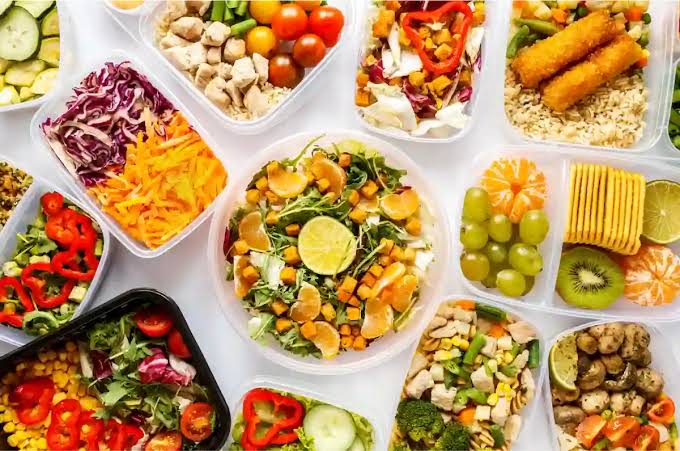- Get link
- X
- Other Apps
JUST IN
- Get link
- X
- Other Apps

Antioxidants are substances that prevent or delay cell damage caused by compounds called free radicals. These free radicals are highly reactive compounds that can damage cells and lead to the development of chronic diseases, such as cancer, diabetes, Alzheimer's disease, Parkinson's disease, and more. Antioxidants counter the damage caused by free radicals. Therefore, they protect your cells and help prevent disease.
Cocoa
Cocoa is rich in polyphenol antioxidants, such as flavanols. In addition to anti-inflammatory effects, cocoa polyphenols have a positive effect on gut microbes. Cocoa polyphenols enhance the growth of good gut bacteria, such as Lactobacillus and Bifidobacterium, reduce the number of pathogenic ones, such as Clostridium perfringens, and enhance the body’s immune response.
Cruciferous Vegetables
Cruciferous vegetables, which include cabbage, broccoli, cauliflower, kale, and Brussels sprouts, are rich in antioxidants, including various carotenoids (beta-carotene, lutein, and zeaxanthin), flavonoids, anthocyanins, and terpenes. Consuming these vegetables is strongly linked to protecting against cancer, and slowing cancer growth.
Green Tea
Catechins, the main antioxidants in green tea, are known to be preventative against a number of cancers, including lung, breast, esophageal, stomach, liver, pancreatic, and prostate cancer. They’ve also been shown to have anti-viral, anti-bacterial, anti-aging, and blood pressure-lowering effects.
Mushrooms
Mushrooms contain an array of antioxidants, which have been shown to fend off aging and reduce chronic disease risk. They’re considered one of the top anti-inflammatory foods.
Olive Oil
Extra virgin olive oil (EVOO) is the type of olive oil that contains the highest levels of polyphenols, the antioxidants known to reduce inflammation, slow the progression of cancer, heart and brain diseases, and reduce overall death risk.
read more

Comments
Post a Comment
Let know your comments